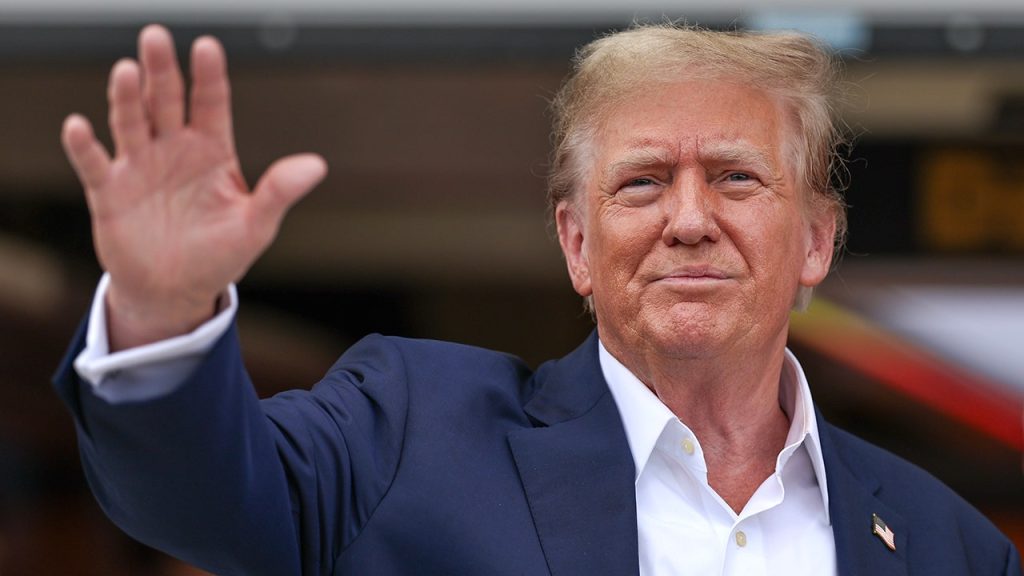Former President Trump recently clarified his stance on birth control, stating that he has never supported imposing restrictions on birth control or other contraceptives. He emphasized that he does not support a ban on birth control and vowed that the Republican Party would not support such a ban. This statement came in response to accusations made by Democrats that Trump plans to restrict access to birth control and emergency contraceptives if he were to win a second term. Trump also reiterated his support for states determining their own laws on abortion, with exceptions for rape, incest, and the life of the mother. He emphasized the importance of the will of the people in deciding these laws.
During an interview with a local Pittsburgh station, Trump mentioned that he would have a policy on contraception shortly and stated that different states may have different policies on emergency contraception. His statements on the issue sparked criticism from Biden campaign spokesperson Sarafina Chitika, who accused Trump of wanting to restrict access to birth control and emergency contraceptives. Chitika argued that Trump’s policies would put women’s lives at risk and threaten doctors with jail time. She contrasted Trump’s views with those of President Biden and Vice President Harris, who are fighting to protect access to birth control and women’s right to make their own health care decisions.
Trump has also expressed his support for in vitro fertilization (IVF) and emphasized the importance of the Republican Party being on the side of the “miracle of life.” He stated that IVF is an important part of supporting mothers, fathers, and their babies. Trump’s stance on abortion and contraception has been a key issue among various demographics, according to the latest Fox News Poll. The issue of abortion is particularly important for self-described Democrats, suburban women, very liberals, Black voters, college-educated individuals, and voters under age 30.
While Trump has clarified his position on birth control and emphasized his support for states determining their own laws on abortion, critics remain skeptical of his intentions. The Biden campaign has continued to paint Trump as a threat to women’s reproductive rights and accused him of wanting to implement nationwide abortion bans and restrictions on contraception. The debate surrounding these issues is likely to remain prominent as the 2024 elections approach, with both sides offering contrasting visions for reproductive health care policies. Ultimately, the will of the people will play a crucial role in shaping the future of these policies at both the state and national levels.


